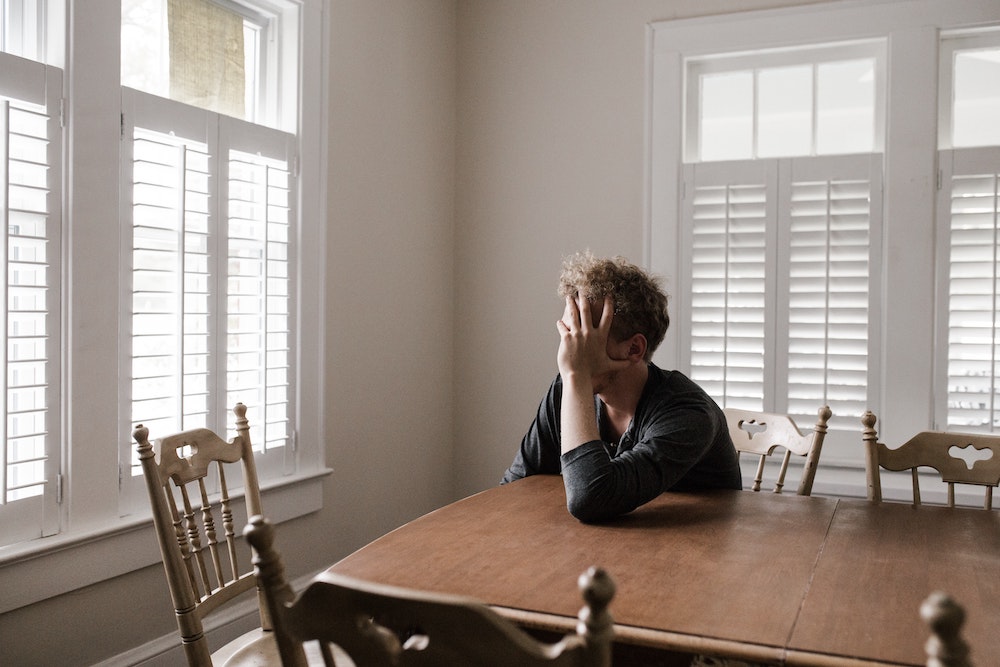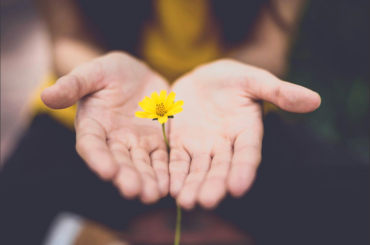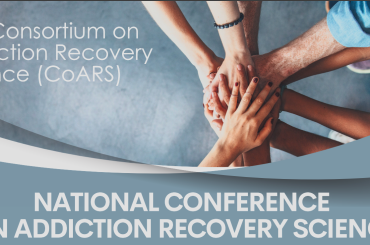The most recent pandemic was 101 years ago, so it’s safe to say: no one has experienced anything quite like this before. It’s new, and takes a lot of getting used to, but there’s no opportunity to ease into it gradually. One day it’s life as usual, and the next: the world is turned upside down.
Or maybe, it never really was life as usual—at least not for all of us. Consider the special case of people who have recently come into addiction treatment, who are housed in a Sober Living facility.
Being in a Sober Living Home means having supervision, rules and structure, companions who are in the same situation, people to talk with, and a safe, drug and alcohol-free environment.
But it also means not having any say in who you are living with, and compromising over basics such as meals, television and music. You can’t have your girlfriend or boyfriend over. You can’t come and go as you please. You have to follow lots of rules, some of which seem stupid. You have to deal with difficult people. You can’t use your usual coping mechanisms for dealing with stress and boredom—no drinks, no drugs, no sex—no-nothing that has worked (at least temporarily) in the past. On top of it all, your problems in the outside world haven’t gone away. And what’s worse: you get no sympathy.
Here are a few tools for your survival kit to try in these challenging times.
Not all of them will work for everybody, but there’s likely to be something here that you can use.
- Be considerate. We’re all in the same situation. Seek the common good. Try not to be the difficult person that is getting on everyone else’s nerves.
- Act as though you expect the best from other people. This way, you won’t develop resentment towards someone for something they haven’t even done yet, and it will improve your attitude.
- Remember, the only person you can change is yourself.
- If another person raises his or her voice, lower yours. Don’t escalate arguments.
- Practice patience and tolerance, even if just for a few minutes, and even if it doesn’t come naturally to you.
- Take care of your own side of the street. Read your literature, take your own inventory, and work your recovery steps.
- Call your sponsor. Make at least 3 calls per day to someone in your recovery network.
- Go to meetings. This will be mostly online. Meetings are always available at org, na.org, intherooms.com, and other addiction recovery sites. Do this every day.
- Stay in today. This too shall pass. Don’t make it worse.
- Practice assertive communication. This is a 3-step process, in which you address an issue with someone whom you believe will get angry or defensive. The first step is to empathize with the person. Let’s say that a housemate of yours is not doing his or her part to keep the bathroom clean. You might say something like “I realize living like this is hard for all of us.” The second step is to state your problem. You might say “Keeping the bathroom clean is a shared responsibility, and I feel as though you are not doing your part.” Step 3 is asking for what you want, as for example, “I wish you would not leave your towel on the floor after you shower.” If you get an angry response, don’t take the bait. Let it go for a time, and try again later.
- Be grateful. Everyone in recovery needs a gratitude list to combat the natural tendency to feel self-pity and resentment. Review your list and add to it daily.
- If you are on medication, take it the way you are supposed to.
- Exercise every day, even if the gym is closed.
- If you have a group or a therapist, take advantage of the opportunity to vent your feelings, whether it be sadness, frustration, anxiety, or whatever is troubling you.
- Be part of the solution, not part of the problem. People always recover best as a member of a community of recovering people. Do your part to have a healthy community.
Remember, your life and well-being depend on successful recovery. You can be successful if you establish a goal of recovery, and then follow a plan. Failure should not be an option, and success depends on you. I never wish anyone good luck, but rather, I wish you hard work on the road to recovery.
– Michael C. Gordon, MD









1 Comment
Pingback: Surviving Sober Living During a Pandemic - The Berman Center